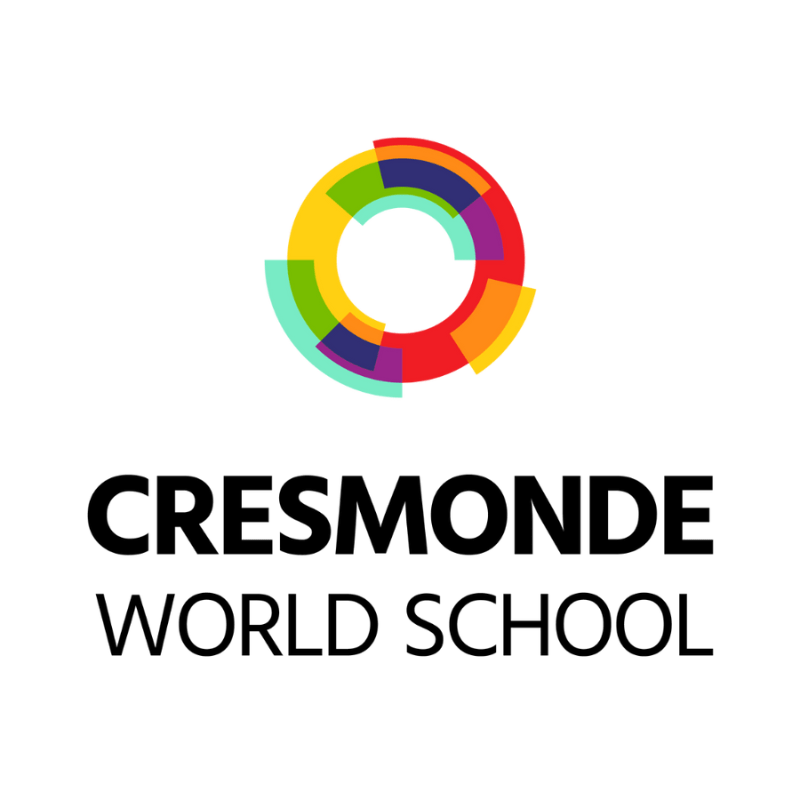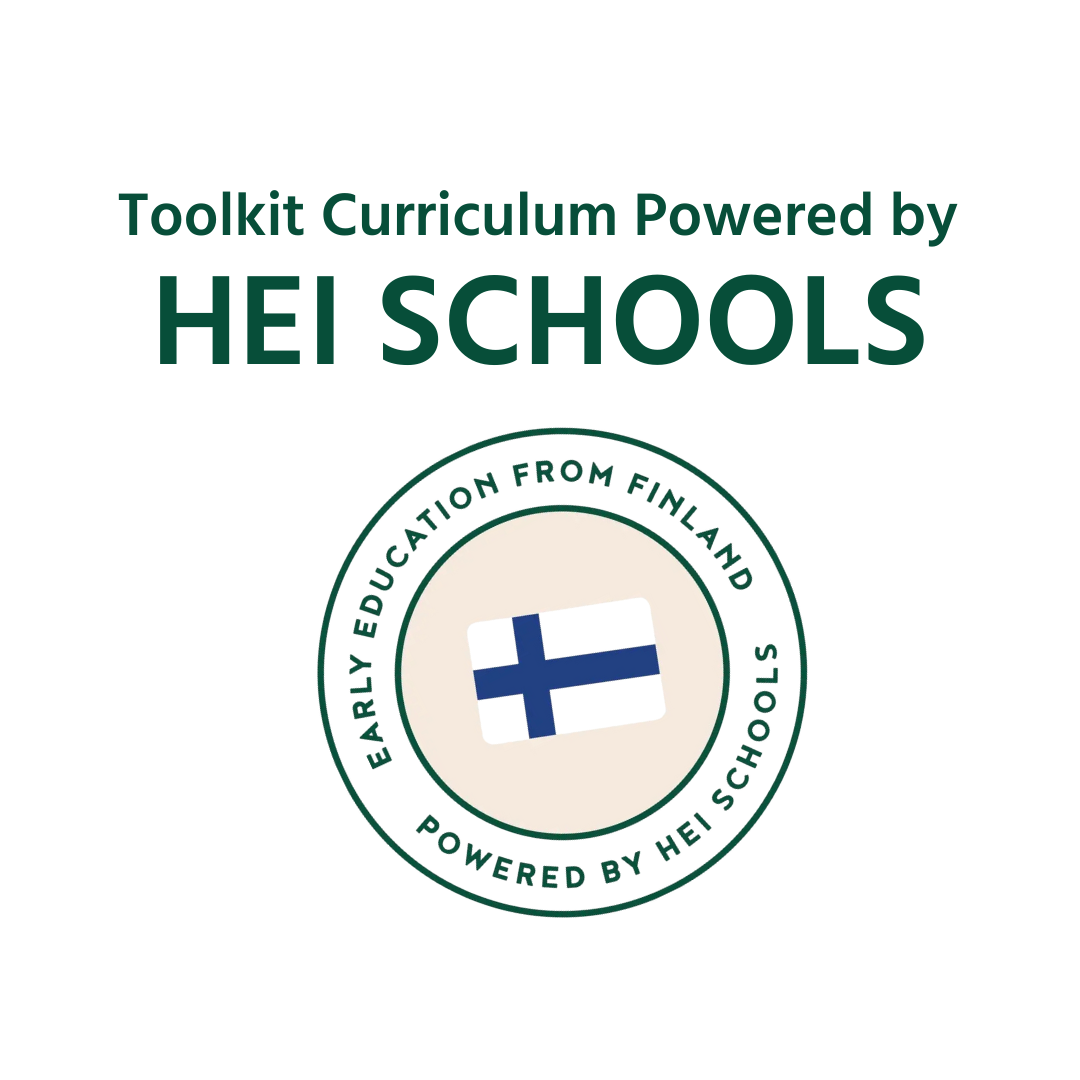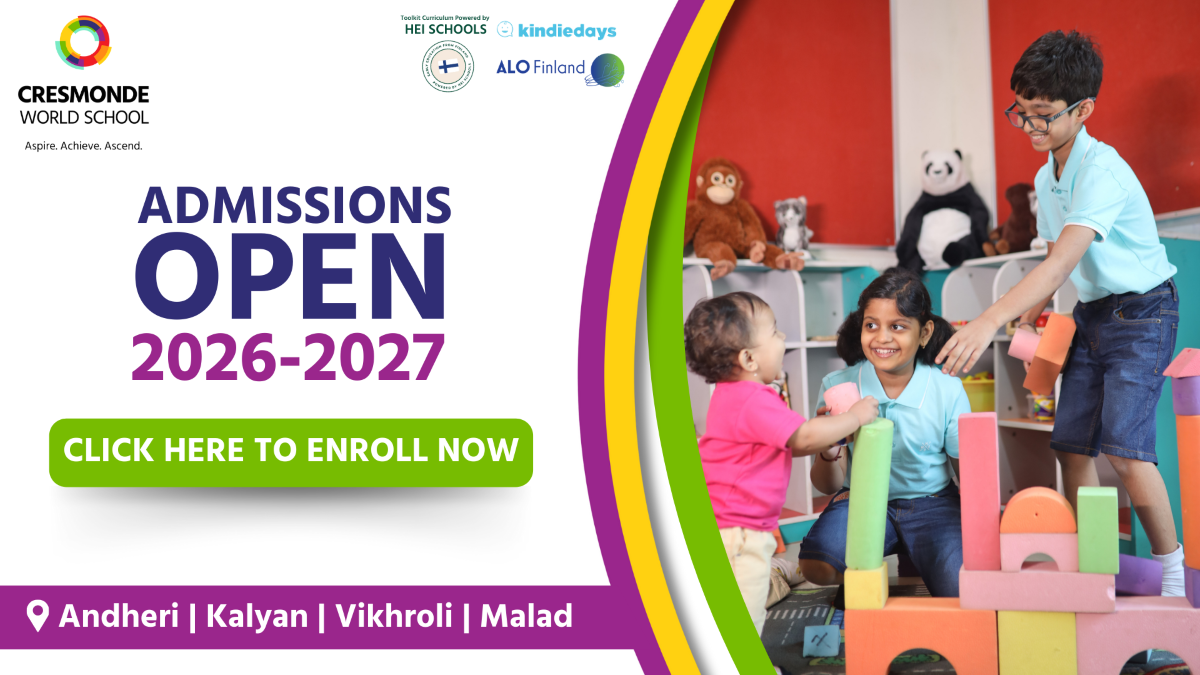Let’s rewind a little.
Ten years ago, no one imagined that classroom discussions would include digital tools, breakout rooms, or learning alongside AI. Careers like YouTuber, drone operator, or AI ethicist weren’t even on most people’s radar. And yet, here we are—raising kids in a world that’s evolving faster than our old textbooks ever did.
Now, fast-forward to 2030.
Your child will step into a world none of us can fully predict. Technology, climate change, global competition, AI—all of it is reshaping what it means to be “prepared.”
So how do we get them ready?
By focusing not just on grades, but on skills—real-world, human, adaptable skills that will matter no matter what the future looks like.
Here are the top 10 skills your child needs by 2030—and why schools must start teaching them today.
1. 🧠 Critical Thinking
In a world flooded with information (and misinformation), the ability to question, analyze and reason will be more important than memorizing facts.
“Alexa can give answers. Your child should know how to ask better questions.”
What schools should do:
Move beyond textbook answers. Encourage debates, open-ended questions and problem-solving.
2. 💡 Creativity
AI can write essays and generate artwork. But original ideas—that’s still human territory.
Creativity isn’t just for artists. It’s essential for entrepreneurs, scientists, engineers—anyone solving new problems.
What schools should do:
Make room for imagination. Let students build, write, draw, invent. Not just follow instructions.
3. 🗣 Communication Skills
Whether your child is pitching a startup or presenting a school project, they’ll need to express ideas clearly, confidently and with empathy.
What schools should do:
Focus on presentations, storytelling, active listening and even body language. Communication isn’t just grammar—it’s connection.
4. 🌍 Global & Cultural Awareness
2030 will be even more connected than today. Your child will collaborate with people across continents and cultures.
Understanding differences—without bias—isn’t optional. It’s vital.
What schools should do:
Integrate global topics. Encourage multilingual learning. Celebrate diversity, not just tolerate it.
5. 🤝 Emotional Intelligence (EQ)
Robots don’t feel. Humans do. And navigating emotions—your own and others’—will be the backbone of leadership and relationships.
What schools should do:
Normalize talking about feelings. Teach empathy, conflict resolution and self-awareness.
6. 🧰 Adaptability
The only constant in 2030? Change.
Your child might have multiple careers in their lifetime. They need to pivot, learn, unlearn and relearn—over and over.
What schools should do:
Focus less on perfection, more on process. Let children fail safely and bounce back stronger.
7. 🕹 Tech Savviness
Your child doesn’t need to become a coder (unless they want to). But they’ll need to be comfortable with evolving technology, not afraid of it.
What schools should do:
Introduce tech early—but meaningfully. Coding, robotics, digital tools, yes. But also digital responsibility.
8. 📊 Data Literacy
From health apps to business analytics, data is everywhere. Understanding what numbers really say (and don’t say) is a major life skill.
What schools should do:
Integrate real-world math, visual interpretation (like charts/graphs) and logic exercises into everyday learning.
9. 🧭 Decision Making
In an overwhelming world, being able to think independently, weigh pros and cons and make timely decisions will set your child apart.
What schools should do:
Offer choices. Let students lead projects. Don’t over-direct. Teach them to trust themselves—with guidance, not control.
10. 💬 Collaboration
Whether your child becomes a scientist, designer, or entrepreneur, they’ll rarely work alone. Teamwork—across cultures, disciplines and time zones—will be crucial.
What schools should do:
Promote group projects. Focus on shared goals, communication and collective responsibility.
What Future Ready Learning Looks Like Every Day at Cresmonde
At Cresmonde, we believe education should go beyond exams and help children thrive in a changing world. That’s why our classrooms are designed to build not just academic knowledge, but skills like critical thinking, empathy and adaptability—the same skills your child will need in 2030 and beyond.
Whether it’s exploring ancient history through VR headsets, learning how to collaborate through real-world group projects, or using tools like ChatGPT to spark curiosity and inquiry, our students engage with future-ready tools in ways that feel natural, not forced.
Whether you’re exploring options for nursery admission, primary school age, or shifting boards, our approach blends inquiry, collaboration and real-world learning. We follow the Cambridge curriculum and the IGCSE board, encouraging students to ask better questions, work in teams and grow with confidence.
For families searching for international schools in Mumbai, ICSE schools, or flexible, child-centric learning environments, Cresmonde supports you at every step of the school admissions journey.
Final Thought: The Future Is Human
Here’s what’s beautiful:
Even with AI, automation and algorithms dominating the headlines, the skills your child needs most in 2030 are deeply human.
Yes, academic knowledge still matters. But it’s these future-ready skills—creativity, empathy, adaptability—that will help them thrive in whatever world they inherit.
So as a parent, ask yourself:“Is my child’s school just preparing them for exams… or for life?”
Frequently Asked Questions (FAQs)
What is the right age to begin school and how do I start the process?
Most children start formal learning during preschool age, typically around 2.5 to 4 years. You can check the nursery admission age at your preferred school and begin by filling out the school admission form early in the academic year.
How can I find the best curriculum for future-ready learning?
Look for schools that blend academic strength with creativity and adaptability. Programs like the Cambridge curriculum and IGCSE board emphasize skills like critical thinking, communication and collaboration—essential for 2030 and beyond.
Are there any good international schools that follow global education standards?
Yes, several international schools in Mumbai follow globally recognized curricula like the IGCSE board and Cambridge syllabus, preparing students for a connected, cross-cultural future.
How does the admission procedure differ for ICSE and IGCSE schools?
The admission procedure may vary slightly, but both typically require prior academic records, interviews and an application form. For families exploring the best nearby ICSE schools or IGCSE schools in Mumbai, it’s best to apply early and understand the process school-wise.
What kind of schools help build skills like creativity and emotional intelligence?
Future-focused institutions like pre primary school and those offering the Cambridge curriculum or IGCSE board schools in Mumbai often integrate skill-building projects, inquiry-based learning and emotional development into daily routines.











